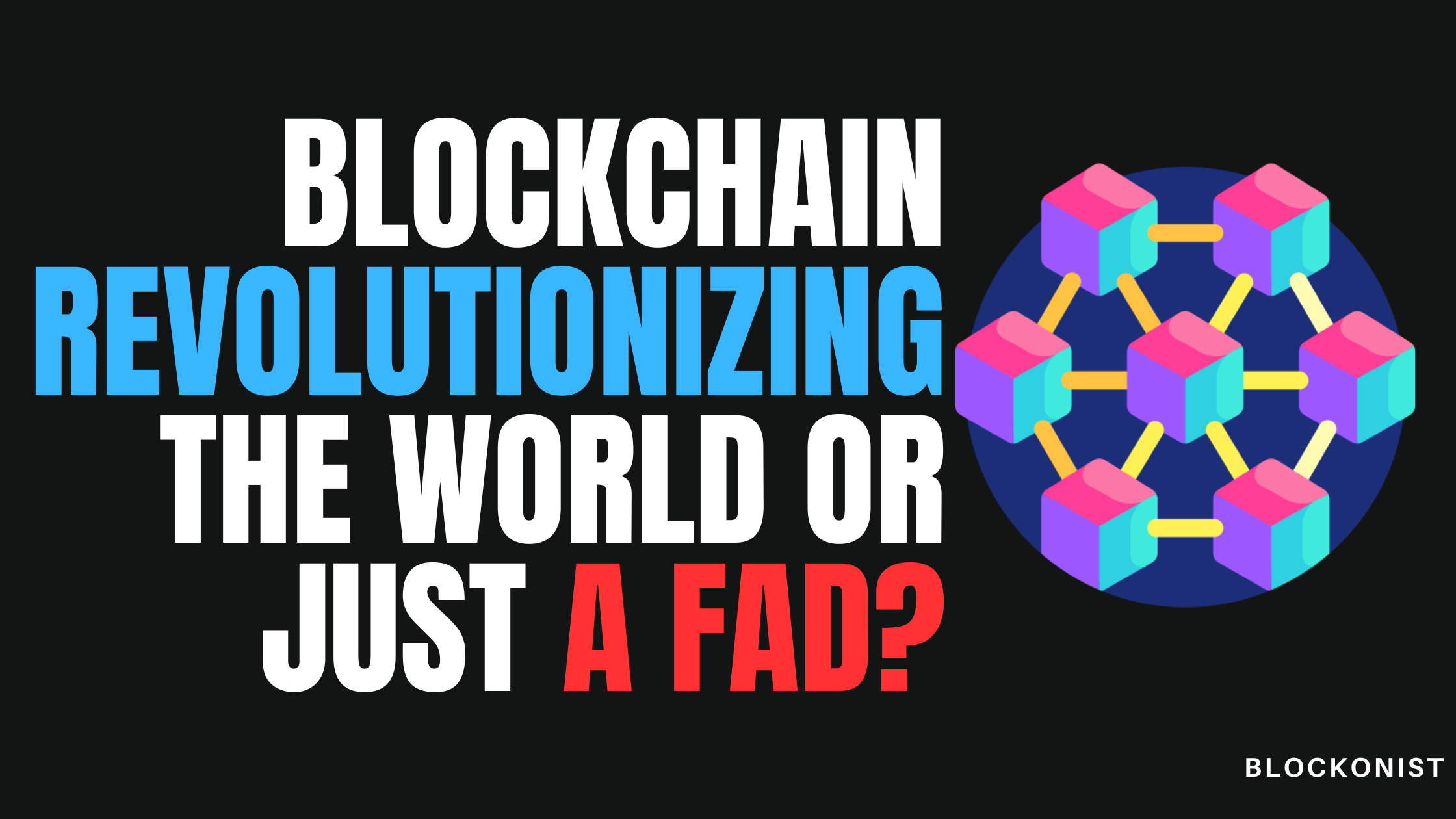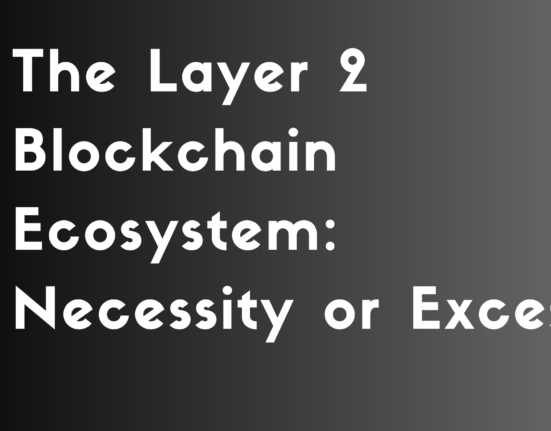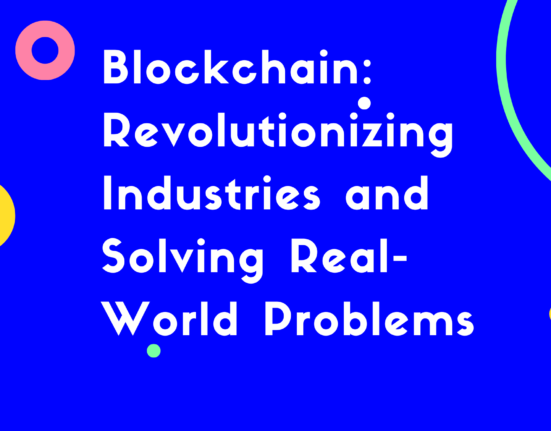Blockchain technology has been heralded as a breakthrough innovation that could fundamentally transform industries ranging from finance and healthcare to supply chains and voting. However, we must objectively assess whether blockchain is truly an essential technology that society absolutely requires right now.
Decentralization enhances security by distributing data across nodes rather than centralized servers, preventing tampering and cyber attacks. Transactions recorded on blockchains are transparent and verifiable without requiring third-party validation, building trust and accountability. Smart contracts can automate processes like financial transfers or supply chain steps, removing administrative burdens and speeding operations.
On the surface, these capabilities make blockchain appear to be a panacea to transform everything from money to medicine. However, it is crucial to look deeper and analyze both the advantages and disadvantages of blockchain compared to current systems before reaching sweeping conclusions.
Contents
The Limitations of Blockchain
While the decentralization of blockchain offers security benefits, there are also substantial downsides. Operating blockchain networks requires vast amounts of computational power, often relying on fossil fuels like coal and gas. The Bitcoin network alone uses more electricity than entire countries. The complexity of blockchain’s distributed architecture also makes development and maintenance difficult. There is a shortage of experts able to build and manage these systems.
Furthermore, blockchain faces major scalability challenges. The decentralized nature of blockchain networks imposes data storage and processing limits far below current centralized systems. For example, the Bitcoin network can only handle approximately 7 transactions per second, which is negligible compared to the 65,000 processed by Visa.
Beyond technical constraints, purported blockchain use cases like cryptocurrencies and NFTs remain highly controversial. Cryptocurrencies aim to provide an alternative to fiat currencies, but their extreme volatility makes utilization difficult. NFTs allow digital art and collectibles to be tokenized on blockchains, but their environmental impact and actual value are hotly debated.
Also Read: Liquid Staking Guide
Additionally, smart contract vulnerabilities have led to major hacks, like the 2016 theft of $60 million in ether from the DAO fund. The pseudonymous nature of cryptocurrencies has also enabled money laundering and illicit transactions, sparking regulatory scrutiny. These risks and regulatory gaps need to be addressed for mainstream adoption.
A Measured, Nuanced Approach
Given the limitations alongside the advantages, sweeping judgments either for or against blockchain across all contexts are simplistic. The technology is neither a panacea nor should it be dismissed as hype. Instead, the nuanced path forward requires open-minded but critical analysis of its merits and issues for each specific use case compared to current systems.
For example, financial transactions and medical records face challenges today surrounding security, privacy, speed, transparency and cost. In certain contexts, blockchain could provide security enhancements through decentralization, transparency via immutable ledgers, and automation of processes via smart contracts. However, we must weigh if these benefits outweigh the substantial energy requirements, scalability issues, and complexity of managing blockchain networks versus current centralized databases.
Fields like supply chain tracking and electronic voting also have pain points around transparency, efficiency, costs and manipulation. Blockchain’s capabilities could potentially address some of these shortcomings. However, alternative solutions may also emerge. We must rationally evaluate blockchain on its own merits versus other options.
Prudent Integration Where Justified
With pragmatic analysis, blockchain technology can be judiciously integrated into specific industries or processes where it substantively improves systems and provides tangible benefits over status quo options. Though not a one-size-fits-all solution, blockchain may empower select breakthroughs. But this requires objectively evaluating if it is the best fit rather than blindly jumping on the blockchain bandwagon.
Financial auditing, medical recordkeeping, diamond verification, and electronic voting all face transparency or security flaws that blockchain could potentially fix. However, we must also consider tradeoffs like speed, energy use, complexity, and costs compared to current systems. Rational, case-by-case analysis of benefits versus disadvantages is key.
The measured approach is not outright rejection nor blind adoption of blockchain across the board. However, where blockchain enables real progress on problems that cannot be solved as effectively with existing tools, it merits consideration rather than knee-jerk dismissal. With clear eyes towards both virtues and flaws, we can adopt this technology judiciously where it proves applicable, while avoiding overzealous application.

Raksha, a seasoned journalist, specializes in crafting insightful narratives on blockchain and AI developments. With a keen eye for innovation, she distills complex topics into accessible stories, providing readers with a clear understanding of the dynamic intersection between these transformative technologies.



